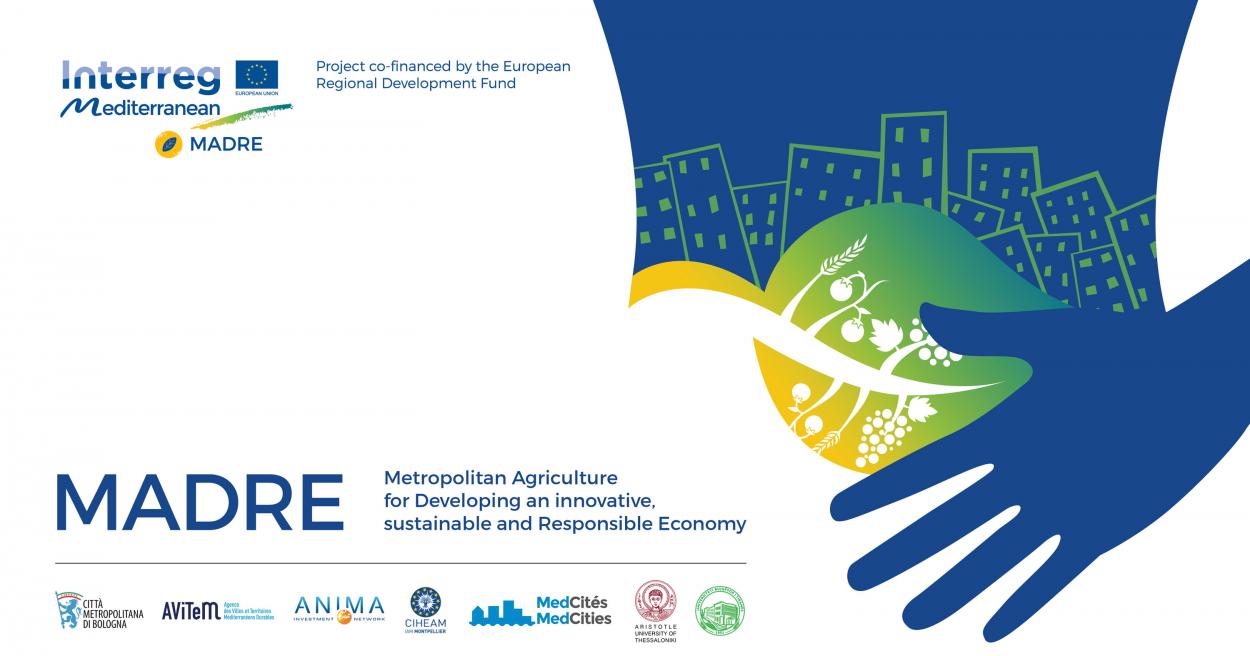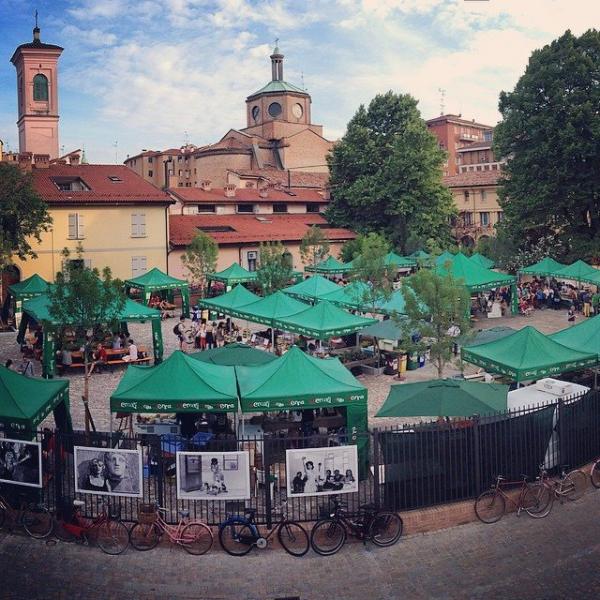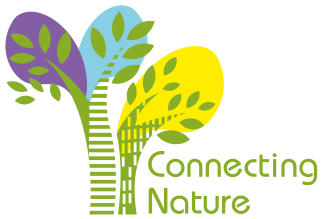
Applying the theoretical and operative framework of the MADRE project (acronym for Metropolitan Agriculture for Developing an innovative, sustainable and Responsible Economy[1], an Interreg MED project), several innovative cases and good practices of Metropolitan Agriculture (MA) within the metropolitan area of Bologna (Italy) have been collected. The good practices were selected among the stakeholders of the so-called “quadruple helix”, and briefly described through their main innovative features and approach, according to six innovation thematic areas related with MA. Furthermore, each selected case and good practice has been assessed emphasizing the contribution to the eight specific challenges taken into account by the project framework:
- job creation: concrete opportunity of employment;
- social inclusion: involvement of large community without discriminations, facilitating integration of vulnerable people;
- educational, health and nutritional benefits: urban and peri-urban agriculture is a good way to educate children and people in general to environment protection and healthy and sustainable lifestyles;
- quality upgrading and value creation: an upgrading in quality of products/production, more or less certified by labels and able to bring along higher value within the local food chain; direct selling and short circuits provide a higher share of this value;
- organizational benefits: development of collaborative business models or innovative and more effective organizational practices;
- territorial integrity/land management: facing urbanization and construction speculation, urban and peri-urban agriculture can contribute to territorial integrity and different uses of soil;
- environmental benefits: different agriculture techniques – such as organic, permaculture, agroecology – ensure environmental benefits;
- synergies: cooperation with different actors of the quadruple helix.

The concept of MA, similarly to Urban and Peri-urban Agriculture (UPA), concerns all kinds of agriculture activities carried out on, within or around urban areas.
In accordance with the theoretical and operative framework of MADRE, MA may be specifically considered as an “infrastructure for a new sustainable city”, able to promote new features and objectives.
In order to reach these objectives, the traditional small-scale of MA needs to scale-up, improving the professional ability of smallholders and their multifunctional capacity to open up new markets. At the same time, conventional agriculture needs to improve its sustainability.
Despite its potential role, MA is often still considered a way to better spend spare time (such as the management of urban gardens by retirees) or just a way to improve educational programs in schools (for example didactic farms). In order to seriously consider MA as a way for a real transition towards sustainable cities, it is necessary to focus on the co-innovation process concerning “urban metabolism” and its relations with agriculture and food supply.
To find out more read chapter 2 of the book here
[1] For further information, you can see the MADRE website at: https://madre.interreg-med.eu
